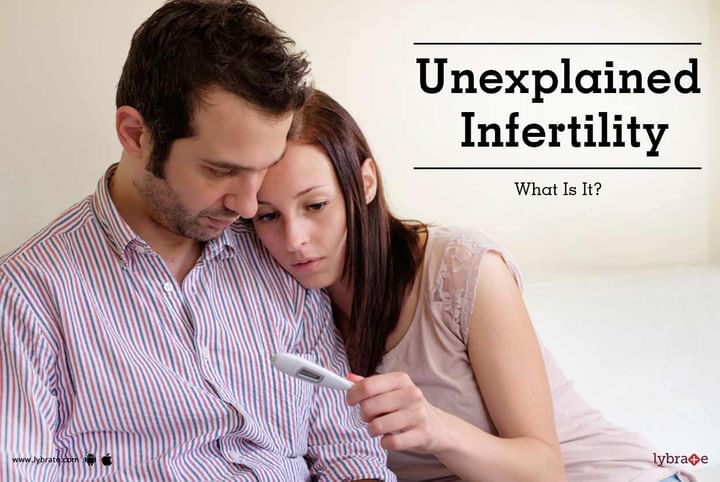Get the App
For Doctors
Login/Sign-up
Last Updated: Oct 23, 2019
BookMark
Report
Unexplained Infertility - What Is It?
Dr. Seema JainIVF Specialist • 29 Years Exp.MBBS, MD - Obstetrtics & Gynaecology, DNB - Obstetrtics & Gynaecology, Royal College Of Obstetricians & Gynaecologists (MRCOG)
They say you need to have intercourse only once to get pregnant. However, this isn’t always the case. Many couples struggle for months and years trying to conceive a baby. The inability to get pregnant despite having unprotected sexual intercourse for over a year is defined as infertility. Infertility in women may be caused by a number of factors. This includes PCOS, ovulation disorders, side effects of medication, radiation etc.
However, in some cases, the cause of infertility may be difficult to pinpoint. In such cases, the patient may be diagnosed with unexplained infertility.
- Unexplained infertility can be very frustrating as all your and your partner’s test results are normal. However, it is important to remember that modern medicine can only test for certain fertility factors. For example, there is no way to test the quality of an egg being released by the ovaries. Some of the other probable causes for unexplained infertility include nutritional deficiencies, low levels of cervical mucus, thyroid issues, hormonal imbalances, long-term use of medication etc.
- Unexplained infertility is common amongst all infertility cases. In fact, according to some studies, it accounts for almost 50% of all infertility cases. Certain factors can increase the risk of unexplained infertility. Women over the age of 35 years are more susceptible to this type of infertility. Mild endometriosis could also contribute towards this condition. Stress is another factor that could influence unexplained infertility. In the case of unexplained infertility, conceiving a baby without treatment has a very low probability.
- IVF or In Vitro Fertilization is the most common form of treatment for this type of infertility. Hormone treatment is the first stage of IVF. This causes the ovaries to produce multiple eggs instead of one egg. This medication is given in the form of injections. Just before these eggs are released from the ovaries, your doctor will harvest them. At the same time, the sperm will be collected from the male partner. These sperm cells will then be introduced to the harvested eggs in a laboratory so that the eggs may be fertilized. The fertilized eggs may be kept under observation for up to 5 days. Once the embryos are ready, one or more embryos will be transferred to the woman’s uterus. In most cases, up to three embryos are implanted. When it comes to unexplained infertility, IVF has a relatively high success rate. In case the IVF is not successful, you may choose to restart the process. If you wish to discuss about any specific problem, you can consult a Gynaecologist.



+1.svg)
